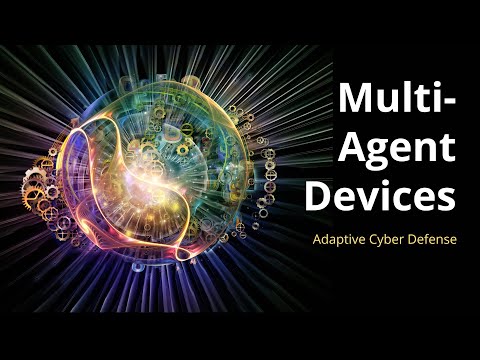Description:
Save Big on Coursera Plus. 7,000+ courses at $160 off. Limited Time Only!
Grab it
Explore a 36-minute video lecture delving into advanced AI game theory applications for multi-agent systems, focusing on financial investments and cybersecurity. Learn how Markov Game theory and Multi-Agent Imitation Learning (MAIL) revolutionize AI device development beyond classical imitation learning approaches. Understand the evolution from Multi-Agent Reinforcement Learning (MARL) to MAIL, examining how correlated equilibrium enhances AI's market dynamics comprehension. Discover the innovative MALICE and BLADE algorithms that leverage imitation learning and counterfactual information for improved financial market navigation. Examine the application of these concepts in cybersecurity, where proactive AI systems anticipate and mitigate threats through strategic interaction simulation. Grasp the fundamental differences between value equivalence and regret equivalence, exploring how minimizing the regret gap leads to more adaptable AI systems. Follow practical examples in autonomous vehicles and Mars rovers to understand the integration of imitation learning with reinforcement learning for enhanced decision-making in complex environments. The lecture covers key topics including Markov Game Theory, Value Equivalence for MAIL, and Regret Gap analysis, providing comprehensive insights into building more intelligent AI systems that generate tangible value.
Read more

Multi-Agent AI Systems: From Imitation Learning to Markov Game Theory
Add to list
#Social Sciences
#Economics
#Game Theory
#Computer Science
#Artificial Intelligence
#Information Security (InfoSec)
#Cybersecurity
#Machine Learning
#Reinforcement Learning
#Business
#Finance
#Financial Markets
#Imitation Learning
#Multi-Agent Systems